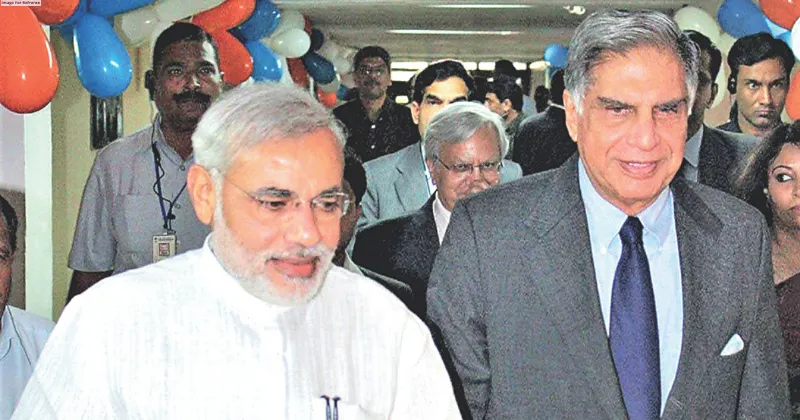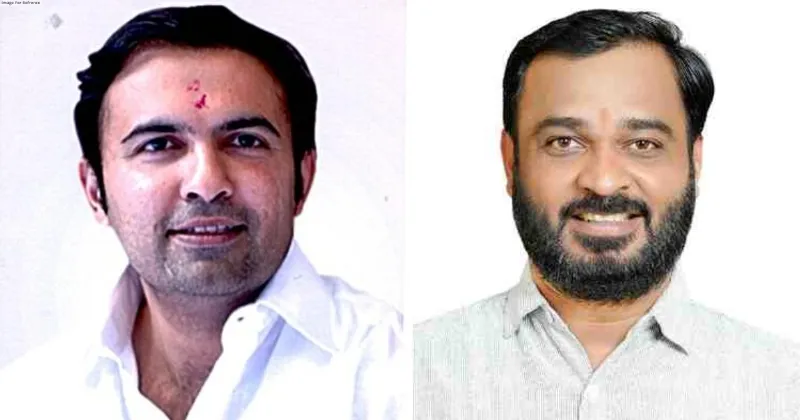Latest News
WHY COMMON-SENSE REALITY IS A TRAP
.png)
Everyone is caught in a peculiar trap that is invisible and almost impossible to notice: their worldview. Your worldview is the total picture you accept of reality. At the core of everyone’s worldview are two things, first, the feeling of being “I,” a separate individual, and second, a faith in the common-sense world of physical objects we see outside the window.
For all practical purposes, you’d think that having your own worldview sounds rather nice, but what is packaged into your worldview are very undesirable things like bad memories, old wounds, and outworn conditioning.
As harmful as these things are, there is a subtler trap. Every worldview is actually a limited model of reality that shuts out the “real” reality. Imagine someone afflicted with agoraphobia, a fear of open spaces. Unable to leave the house, an agoraphobe obviously is shut away form a vast array of experiences. Not so obvious is how your worldview has shut you away from the single most important aspect of “real” reality: the field of pure consciousness.
The ”I” you identify with accesses only a tiny portion of tis field. Infinite possibilities are squeezed down to the choices that your ego says yes to. Escaping the trap of the common-sense world means entering reality as a field of consciousness, not a field of physical “stuff.”
What stands against you is the scientific worldview, so we need to go into it. Although we don’t stop to realize it, the assumptions of science are also the assumptions of the common-sense world. There is no getting around the fact that assumptions have been mistaken for accepted truth. In particular,
- The scientific method is reductionist. Large problems are divided into smaller, more manageable pieces.
- The assumption is that the finer the granularity, the closer a solution becomes.
- The basic methodology in science consists of data gathering on the assumption that any phenomenon can be broken down information, measurement, and data collection.
- The primary state of reality is assumed to be physical and material. “Matter first” is the ontological primitive.
- Due to the failure of naïve realism (“What you see is what you get”), advanced theories in physics are increasingly mathematical models without reference to collectible, empirical evidence.
- It has been an intractable difficulty making consciousness correspond to any of these assumptions, for the following reasons (I have also included supporting quotes from great pioneers of the quantum era:
- Consciousness cannot be subdivided or reduced to component parts. (Erwin Schrödinger: “To divide or multiply consciousness is something meaningless.”
- Consciousness, being immaterial, has no granularity and indeed no dimensionality.
- In itself, consciousness contains no information, although its activity produces experience, the level at which data, measurement, information, etc. actually begins.
- “Matter first” and the physicalism it denotes is unworkable. There is no point in time or space at which atoms and molecules learned to think.
- Consciousness is its own ontological primitive. (Max Planck: “I regard matter as derivative from consciousness. We cannot get behind consciousness.”
- Mathematics cannot model consciousness through either complexity or abstraction. Experience is untranslatable into equations.
Once these assumptions are examined, they turn out to be the support beams for a model of looking at the world. All models — indeed, all experience, including the experience of doing science — presuppose consciousness. (Max Planck: “Everything that we think about, everything that we regard as existing, postulates consciousness.”)
A radical housecleaning is needed to replace unproven, often unprovable, assumptions. No longer blinded by your worldview, you gain a clear perspective on the nature of consciousness.
- The physical sciences are very successful in creating technology, but they cannot access fundamental reality, because matter is a name given to speciesspecific perceptual activity. We only observe our perceptions. (Sir John Eccles: “We’re almost like magicians, in that in the very act of perception, we take quantum soup and convert it into the experience of material reality.”
- The universe itself is an observed perception — there is no objective place to stand from which it can be proven to be real.”
- Matter itself is an assumption of naïve realism, which quantum physics overturned more than a century ago. (Werner Heisenberg: “The atoms or elementary particles themselves are not real ; they form a world of potentialities or possibilities rather than one of things or facts.”)
- We live in a participatory universe that responds, not just to quantum measurements and the “observer effect,” but to human experience directly. (Werner Heisenberg: “What we observe is not nature itself, but nature exposed to our method of questioning.”)
- Being participatory, the universe, or reality “out there,” is seamlessly woven into human awareness. There is no subjectobject split. Like the probability waves of quantum mechanics, subject and object exist in superposition until the instant of perception causes them to emerge simultaneously.
- Consciousness is whole, all-enveloping, and inconceivable, even though everything we conceive emerges from it. (Max Planck: “Science cannot solve the ultimate mystery of nature. And that is because, in the last analysis, we ourselves are part of nature and therefore part of the mystery that we are trying to solve.”)
Many of these points have been woven into Eastern traditions and the insights of sages and seers in every tradition. But the almost total dominance of science as our modern worldview has obscured or obliterated these traditions. Merely arguing that they are “not science” has been sufficient.
The worldview that can reshape everyone’s life can be summarized as “consciousness is all.” Many ramifications stem from “consciousness is all.” It is premature to explore them, however, until the mystique of materialism is shattered. Until “matter first” and “mind first” are both abandoned, the battle for reality remains as futile as ever, and the hard problem presents itself as insoluble.
THE VIEWS EXPRESSED BY THE AUTHOR ARE PERSONAL
DEEPAK CHOPRA The writer is MD, FACP, FRCP founder of the Chopra Foundation, a non-profit entity for research on well-being and humanitarianism, and Chopra Global





















